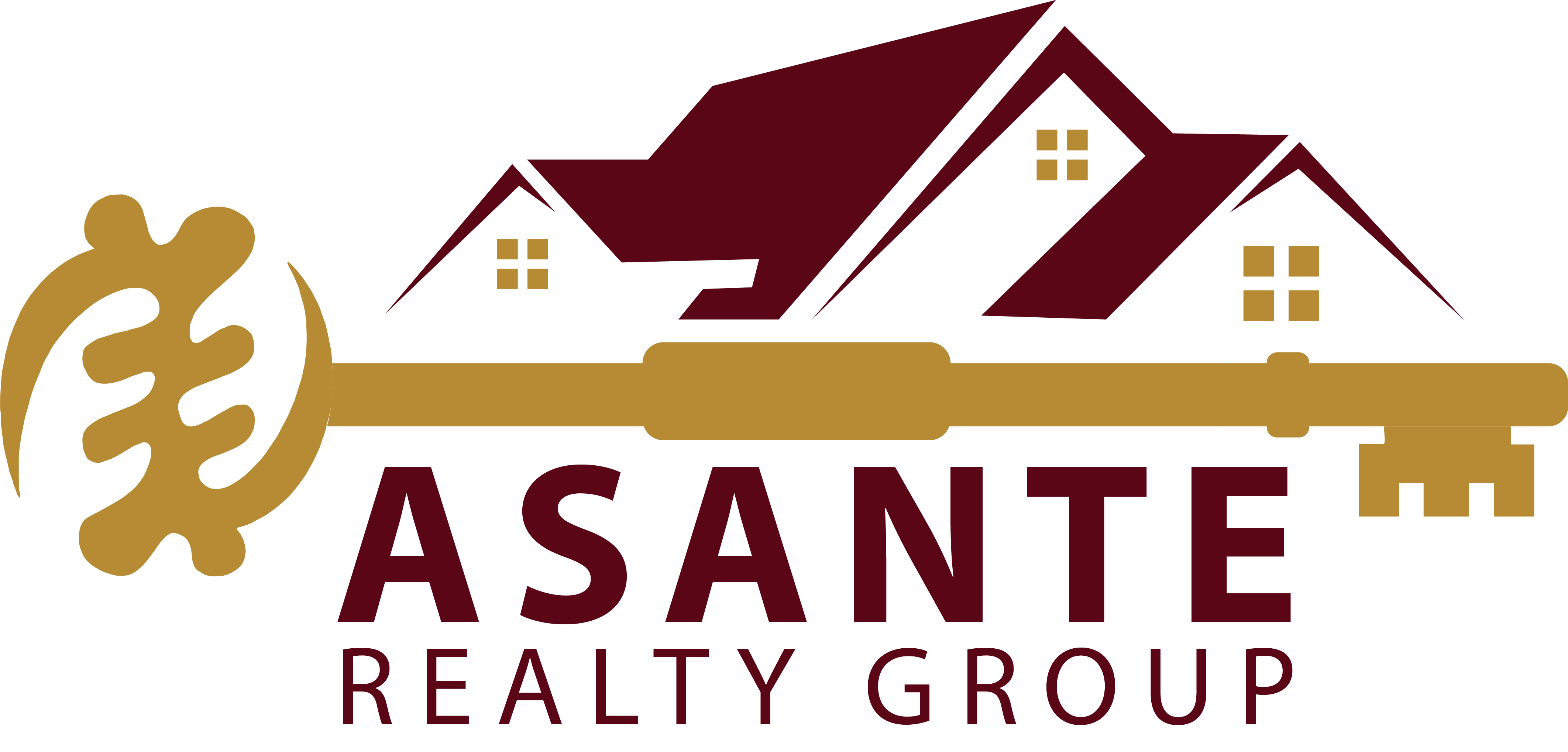AFFORDABILITY CALCULATOR
This calculator shows rentals that fit your budget. Savings, debt, and other expenses could impact the amount you want to spend on rent each month. Input your net (after tax) income and the calculator will display rentals up to 40% of your estimated gross income. Property managers typically use gross income to qualify applicants, so the tool assumes your net income is taxed at 25%. Actual tax rates vary.
Feel free to use our Equipment Finance Calculator
**Note: For exceeding 120 no. of payments, a group of 12 payments will be combined into a single payment number for better chart visibility.
| Period | Payment | Interest | Balance |
|---|
Calculator Disclaimer
The repayment amount shown using this calculator is an estimate, based on information you have provided. It is provided for illustrative purposes only and actual repayment amounts may vary. To find out actual repayment amounts, contact us. This calculation does not constitute a quote, loan approval, agreement or advice by My Finance. It does not take into account your personal or financial circumstances.
Affordability Help
Annual Income
This is the combined annual income for you and your co-borrower. Include all income before taxes, including base salary, commissions, bonuses, overtime, tips, rental income, investment income, alimony, child support, etc.
Down Payment
The typical rule of thumb is to pay 20 percent of the home’s price as your down payment, although some mortgage loans require as little as 3.5 percent down. Your down payment reduces the total amount of your mortgage loan, so the more money you put down, the lower your payments will be – or the more expensive a house you can buy.
Other Monthly Debts
Include all monthly debt payments for of you and your co-borrower, including: minimum monthly required credit card payments, car payments, student loan payments, alimony/child support payments, any house payments (rent or mortgage) other than the new mortgage you are seeking, rental property maintenance, and other personal loans with periodic payments.
Do NOT include: credit card balances you pay off in full each month, existing house payments (rent or mortgage) that will become obsolete as a result of the new mortgage you’re seeking, or the new mortgage you’re seeking.
Loan Term
Your loan program can affect your interest rate and monthly payments. Choose from 30-year fixed, 15-year fixed, and more in the calculator.
Loan Type
There are several types of mortgage loans, but the most commonly used are fixed-rate and adjustable-rate loans. Fixed-rate loans have the same interest rate for the entire duration of the loan. That means your monthly payment will be the same, even for long-term loans, such as 30-year fixed-rate mortgages. Two benefits to this loan type are stability, and being able to calculate your total interest up front. Adjustable-rate mortgages (ARMs) have interest rates that can change over time. Typically they start out at a lower interest rate than a fixed-rate loan, and hold that rate for a set number of years, before changing interest rates from year to year. For example, if you have a 5/1 ARM, you will have the same interest rate for the first 5 years, and then your interest rate will change from year to year. The main benefit of an adjustable-rate loan is starting off with a lower interest rate.
Interest Rate
This field is pre-filled with the current average mortgage rate. Your actual rate will vary based on factors like credit score and down payment.
Property Tax
The mortgage payment calculator includes estimated property taxes based on the home’s value. You can edit this in the advanced options.
Home Insurance
Home insurance or homeowners insurance is typically required by lenders, depending on the loan program. You can edit this number in the mortgage calculator advanced options.
HOA Fees
A homeowners association fee (HOA fee) is an amount of money that must be paid monthly by owners of certain types of residential properties, and HOAs collect these fees to assist with maintaining and improving properties in the association.
Debt-to-Income (DTI)
Your DTI is expressed as a percentage and is your total “minimum” monthly debt divided by your gross monthly income. The conventional limit for DTI is 36% of your monthly income, but this could be as high as 41% for FHA loans. A DTI of 20% or below is considered excellent.


